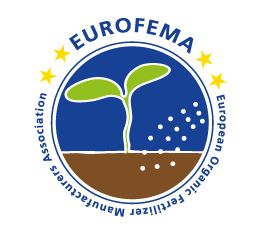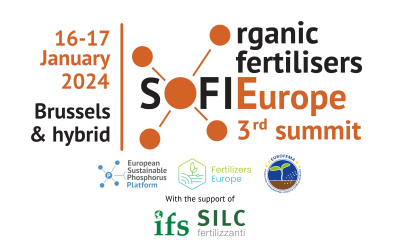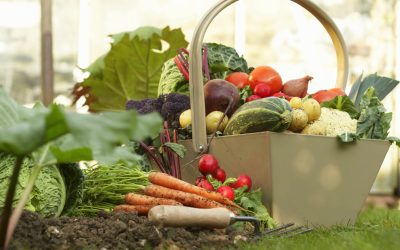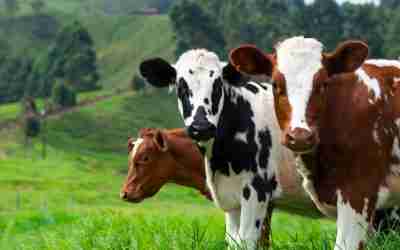A joint EFPRA – EUROFEMA – ECOFI letter on the pending EU-legislation on the determination of end points in the manufacturing chain of certain organic fertilisers and soil improvers has been send to DG-SANTE. In this joint effort we as stakeholders make new proposals on the definition of end-point and possible risk mitigation measures. Please find the full text below.
First of all, we want to thank you for the 7 June 2022 meeting where EFPRA, EUROFEMA and ECOFI could give its comments on the non-paper on end points with regard to fertilisers. In the meeting we explained why we see the rules of package size (50kg) and inclusion rate (50%) as non-proportionate and discriminatory.
In former meetings we expressed already our views on these points. The current practise is that fertilisers containing ABPs are still under the regime of the ABPR until they are used on the fields. Despite that fact, the veterinary control of this last step in the supply chain is handled – to our experience – to a much lesser frequency than the control of slaughterhouses and rendering plants. This is understandable, as the veterinary controls should be risk based and risk proportionate. In the last 20 years no BSE case was traced back to a misuse of fertiliser.
For that reason we do not understand the very restrictive proposal on the end points. Organic fertilisers made from ABP are high in plant nutrients. An inclusion rate of 50% would therefore mean a dilution to a lower, possibly unacceptable standard. Moreover, a restriction in use due to 50 kg bags would automatically exclude the growing market on Organic farming, which shall grow up to 25%according to the Green Deal. The use in agriculture where huge volumes on fields are needed will be excluded. The only remaining market
would be sales for horticulture, but only for small volumes, not even for flower producers with a bigger demand.
The explanation of your service that the national fertilising rules are still in place and can be used, fails to take into account that in the near future one can expect that exactly these rules will be harmonised and adapted according to the new fertiliser regulation. Moreover we expect that the retailers and food industry will ask for CE marked fertilisers in their quality schemes. In the medium-term future (if not even in the short-term future) the proposed rules will mean a total exclusion of ABP-fertilisers in agriculture. This exclusion of valuable products would mean the end in fertiliser, not the end point as requested. It is therefore substantial that ABP-based fertilisers get an endpoint that can be used in huge volumes in the agriculture as it is the case today.
We therefore propose to allow the following conditions:
not more than 95 % of meat-and-bone meal of Category 2 material and/or processed animal protein of Category 3 material for delivery in bulk and
not more than 98 % of meat-and-bone meal of Category 2 material and/or processed animal protein of Category 3 material for 1000 kg big bags.
the above conditions shall not apply to hydrolysed proteins.
As said before the Commission and Member States need to take the good and long experience with OFSI into account. An overrated theoretical assumption of fraudulent use is disproportionate and does not cover the well-functioning of the supply chain and the needed volumes of OFSI in the growing market of Organic Farming.
We therefore kindly ask you to take our proposal into consideration.





